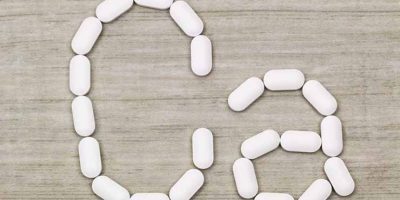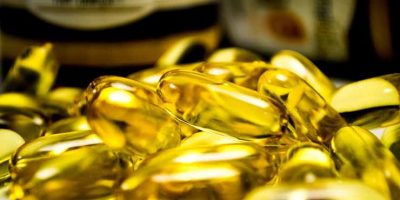Iron is a necessary mineral that our bodies need to deliver oxygen to all of the cells in our body. We need to have adequate stores of this mineral in order to be healthy. Too little and we are at risk of becoming anemic, too much and we risk having iron toxicity; which can be deadly. Some side effects of iron deficiency include fatigue, pale skin complexion, irritability and in women, fewer or no menstrual periods (1).

meded101.com
The amount we need varies depending on our age, sex and whether or not we are currently pregnant or breast feeding. Men need less than women since they do not loose blood every month like women do when they have their periods. Pregnant women need more because their blood volume doubles while pregnant. There is a fine line in pregnancy though, since too much iron can cause issues with the health of the baby’s placenta (2).
Most people do not consume an adequate amount of iron from the foods they eat because our modern diets are severely lacking in nutrients. But this can be prevented by eating a clean healthy diet, which contains lots of leafy greens as well as the other foods groups. Even vegetarians or vegans can get adequate iron as long as they focus on eating plant foods that are high in iron. People can also make sure they get enough iron by cooking their foods in cast iron cookware. But there are concerns with cast iron cook wear not providing the right type of iron that people need.
Would A Supplement Be Helpful?
So what happens when you have low iron? Should you take a supplement? Before supplementing with iron you should have your blood levels checked. Have a thorough test done that includes:
– Serum Iron
– TIBC (total iron-binding capacity)
– UIBC (unsaturated iron-binding capacity)
– Serum Ferritin
– Hemoglobin
– Hematocrit
– CBC (complete blood count)
This should give you a broader view of how much iron is in your system, and how much is being utilized.
People who are severely deficient should take a supplement to re-build their stores of iron. But those who are only mildly low should focus on increasing their dietary intake of iron before turning to supplementation. If this is not possible, then intermittently supplementing with iron for a few weeks at a time and taking a few weeks’ break is a good idea (3). People supplementing with iron should have their levels tested regularly to avoid reaching toxic levels in their system. Iron toxicity is deadly.
People trying to increase their levels of iron through diet should be mindful to consume foods that contain iron together with foods that contain Vitamin C, since iron and Vitamin C work synergistically to help iron be properly absorbed by the body.
Final Thoughts
If you feel tired a lot, have been having irregular menstrual periods, have pale skin or feel dizzy it might be worth going to have blood work done to check your iron levels. It’s not uncommon for people eating a modern diet to become deficient in iron. You can re-build your iron stores if they aren’t too low. But supplementation might be needed if you find you are severely deficient. Be careful to monitor your blood work if you are supplementing, to avoid deadly iron toxicity.
All people, no matter whether they eat an omnivorous diet or a vegan diet, should focus on eating foods that are rich in iron as well as Vitamin C. Pregnant and breast feeding women should be especially mindful of the foods they are eating since they have an increased need for iron during that time.Prev postNext post



Leave a Reply